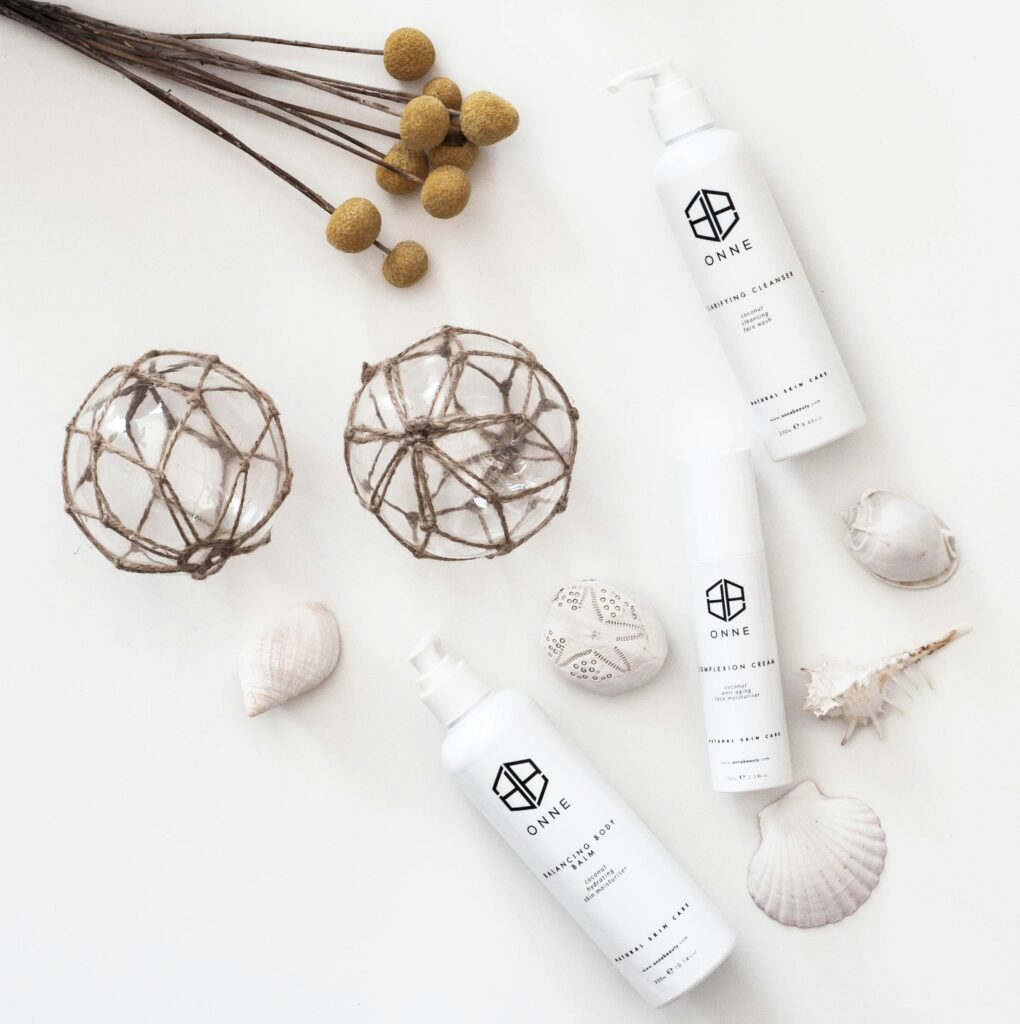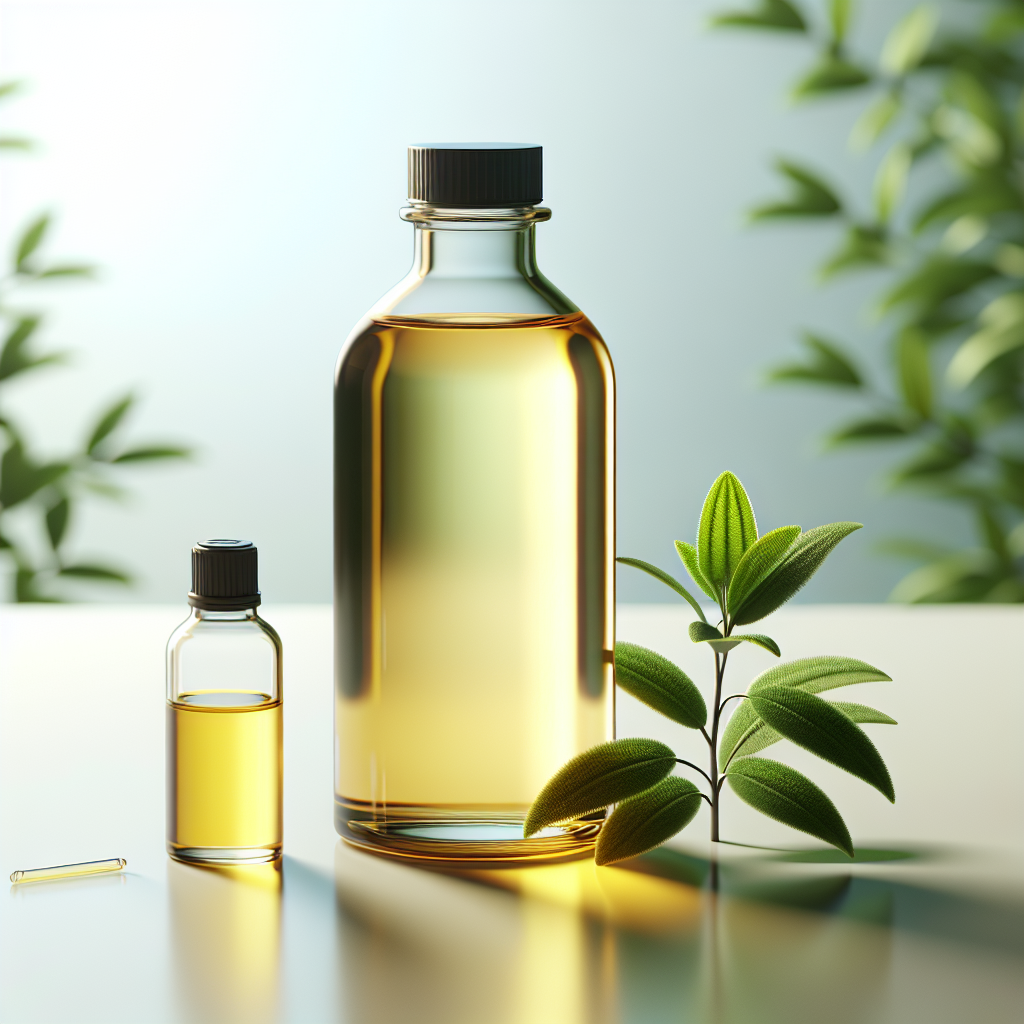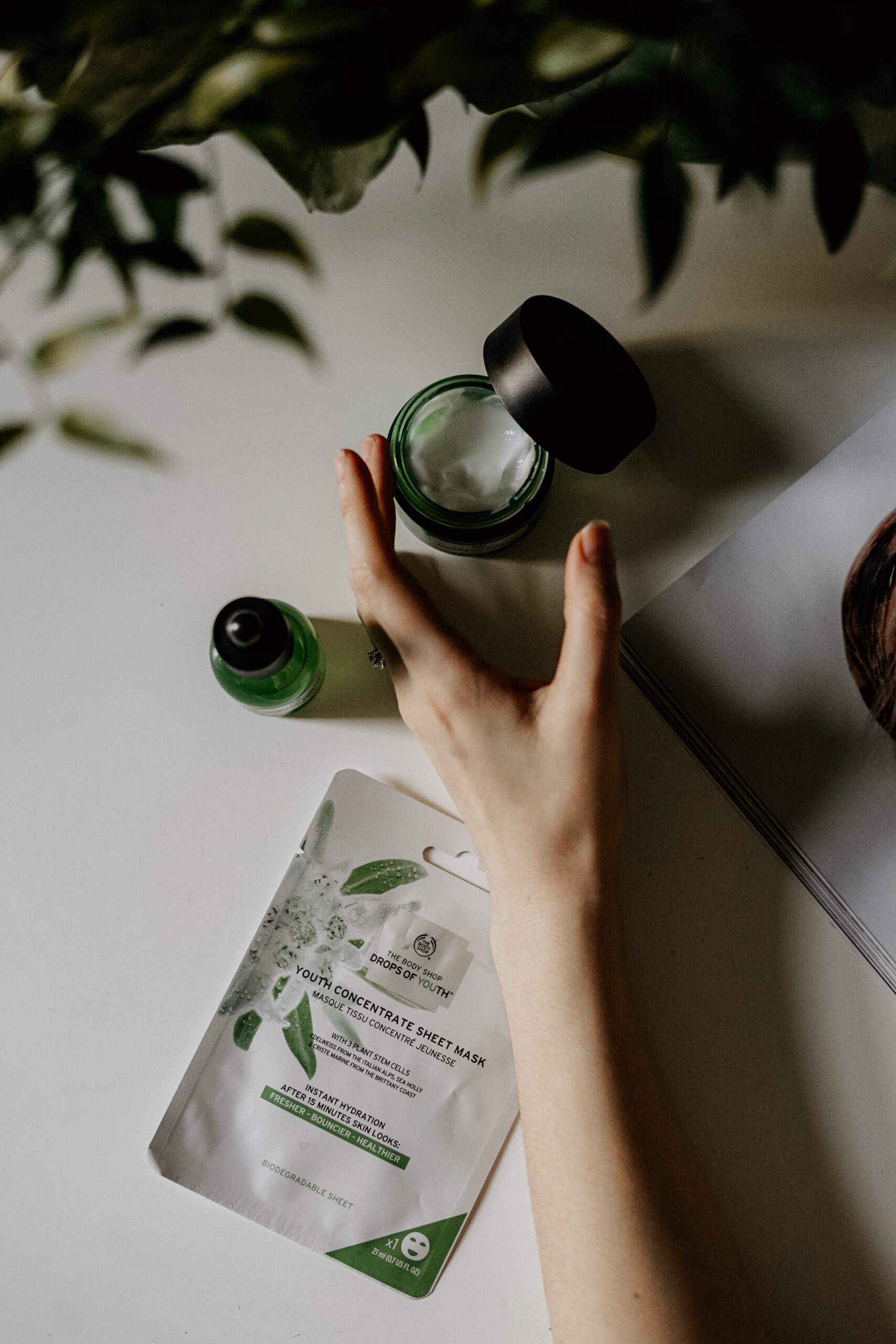Are you confused about the distinction between essential oils and carrier oils in skincare? Look no further, we’ve got you covered! Understanding the difference between these two types of oils is essential for creating a well-rounded skincare routine. Essential oils are highly concentrated, volatile plant extracts that are packed with potent aromatic compounds, whereas carrier oils are less concentrated, non-volatile oils that are used to dilute and carry essential oils. Together, they can work wonders for your skin, providing nourishment, hydration, and a soothing scent. So, let’s dive into the world of essential oils and carrier oils and unlock the secrets to radiant and healthy skin.

Definition of Essential Oils
Extracted from plants
Essential oils are natural substances that are extracted from various parts of plants like flowers, leaves, stems, and roots. These oils contain the concentrated essence and unique characteristics of the plant they are derived from.
Highly concentrated
One important aspect of essential oils is their high concentration. They are much more potent than the original plant material, as multiple pounds of plant material are required to produce a small amount of essential oil. This makes them extremely powerful and effective when used in the appropriate concentrations.
Contain the essence of the plant
The term “essential” in essential oils refers to the essence or the unique aroma, flavor, and characteristics of the plant. Essential oils capture the plant’s fragrance, flavor, and other beneficial properties in a concentrated form.
Common Uses of Essential Oils
Aromatherapy
Aromatherapy is one of the most popular and well-known uses of essential oils. The unique scents of essential oils have a therapeutic effect on the mind and body. Inhalation of essential oils through diffusers, steam inhalation, or even direct sniffing can help promote relaxation, relieve stress, improve mood, and provide mental clarity.
Natural fragrance
Essential oils are widely used in perfumes, soaps, candles, and other beauty and personal care products for their natural and aromatic scents. They add a pleasant fragrance to these products without the need for synthetic fragrances, which may contain harmful chemicals.
Health and wellness benefits
Many essential oils have been recognized for their potential health and wellness benefits. For example, lavender oil is known for its calming and sleep-inducing properties, while tea tree oil is prized for its antiseptic and antibacterial properties. Others, like peppermint oil, can help relieve headaches and improve digestion. These oils are often used in natural remedies and holistic treatments.
Definition of Carrier Oils
Derived from nuts, seeds, or kernels
Carrier oils, also known as base oils or vegetable oils, are different from essential oils as they are derived from nuts, seeds, or kernels of plants. Common carrier oils include coconut oil, jojoba oil, sweet almond oil, and avocado oil.
Less concentrated
Unlike essential oils, carrier oils are less concentrated. They have a milder aroma and do not possess the same intensity or potency as essential oils. This lower concentration makes them ideal for diluting essential oils and safely applying them to the skin.
Used to dilute essential oils
Carrier oils are often used as a dilution medium for essential oils before applying them topically. Since essential oils are highly concentrated, they can cause skin irritation or sensitivity if used undiluted. Carrier oils help to decrease the concentration of the essential oil while still allowing its beneficial properties to be effectively absorbed by the skin.
Common Uses of Carrier Oils
Moisturizing and nourishing
Carrier oils are known for their moisturizing and nourishing properties. They help to hydrate and soften the skin, creating a protective barrier to prevent moisture loss. Many carrier oils are rich in essential fatty acids, vitamins, and antioxidants, which can help improve the overall health and appearance of the skin.
Act as a base for essential oils
Carrier oils serve as a base or vehicle for essential oils when creating blends or applying them to the skin. They help to evenly distribute the essential oils and enhance their absorption into the skin. The carrier oil acts as a carrier, ensuring that the essential oils are applied in a safe and effective manner.
Help with absorption
Due to their higher viscosity compared to essential oils, carrier oils help slow down the evaporation rate of essential oils from the skin. This allows for better absorption and longer-lasting effects of the essential oils. Carrier oils also help to reduce the risk of skin irritation by providing a protective barrier between the skin and the concentrated essential oils.

Source and Extraction
Essential oils sourced from plant parts
Essential oils are sourced from various parts of plants, including flowers (such as rose or lavender), leaves (like eucalyptus or peppermint), stems (such as lemongrass or frankincense), and roots (like ginger or vetiver). Different parts of the plant yield essential oils with distinct properties and fragrances.
Carrier oils sourced from nuts, seeds, or kernels
Carrier oils are derived from the nuts (such as almond or macadamia), seeds (like grape seed or sunflower), or kernels (such as coconut or avocado) of plants. These oils are typically extracted from the edible parts of the plant and have a wide range of beneficial properties for the skin.
Essential oils extracted through distillation or cold pressing
The most common methods of extracting essential oils are distillation and cold pressing. Distillation involves steam or water vapor being passed through the plant material, separating the volatile essential oil from the plant’s other components. Cold pressing involves mechanically pressing the plant material to extract the oils, typically used for citrus fruits.
Carrier oils extracted through cold pressing or solvent extraction
Carrier oils are primarily extracted through cold pressing, which involves pressing the nuts, seeds, or kernels to release the oil. This method helps retain the oil’s beneficial properties and nutrients. Some carrier oils, like grapeseed oil, may also be extracted using solvent extraction, where a solvent is used to dissolve the oil from the plant material.
Concentration
Essential oils highly concentrated
Essential oils are highly concentrated due to the large amounts of plant material required to produce them. This concentration gives them their potent aroma and potent effects. It is essential to use essential oils in the correct dilution to avoid adverse reactions or skin irritation.
Carrier oils less concentrated
Carrier oils are considerably less concentrated compared to essential oils. They have a milder aroma and a lower concentration of active compounds. This makes them suitable for direct application to the skin without further dilution.

Aroma
Essential oils have strong and distinct scents
One of the distinguishing features of essential oils is their strong and distinct scents. Each essential oil has its characteristic aroma, which contributes to its therapeutic properties. The aroma can range from floral and sweet to herbaceous and woody, adding a delightful fragrance to any product or application.
Carrier oils have mild or no fragrance
In contrast to essential oils, carrier oils generally have a mild or no fragrance. They provide a neutral and non-overpowering base for essential oils, allowing the scents of the essential oils to shine through without being diluted or altered by the carrier oil’s aroma.
Application
Essential oils applied in small amounts
Due to their high concentration, essential oils are typically applied in small amounts. A few drops are usually sufficient for most applications. Essential oils can be diluted in carrier oils, added to bathwater, used for massage, or diffused into the air for aromatic benefits.
Carrier oils applied in larger amounts
Carrier oils, on the other hand, are used in larger amounts. They are often applied directly to the skin or used as the main ingredient in skincare products like lotions, creams, or serums. Carrier oils provide hydration and nourishment to the skin and serve as a vehicle to deliver the essential oils.

Skin Benefits
Essential oils offer various skin benefits
Essential oils have a wide range of benefits for the skin. They possess properties that can help with hydration, soothing, balancing oil production, promoting cell regeneration, and reducing the appearance of blemishes. Some essential oils even have antibacterial, anti-inflammatory, or antioxidant properties that can benefit specific skin conditions.
Carrier oils provide moisturization and nourishment
Carrier oils are primarily known for their moisturizing and nourishing properties. They help to maintain the skin’s moisture balance, improve skin elasticity, and provide essential nutrients for healthy skin. Carrier oils are often used as a base ingredient in skincare products to ensure proper hydration and nourishment of the skin.
Safety and Precautions
Essential oils need to be diluted
Due to their high concentration, essential oils must be properly diluted before applying them to the skin. Undiluted essential oils can be too strong and may cause skin irritation, sensitization, or other adverse reactions. Diluting essential oils in carrier oils ensures safe and effective use.
Carrier oils generally safe for direct use
Carrier oils are generally safe for direct use on the skin, as they have a lower concentration of active compounds. However, it is still essential to consider individual sensitivities or allergies. Conducting a patch test before using a new carrier oil can help determine any adverse reactions.






